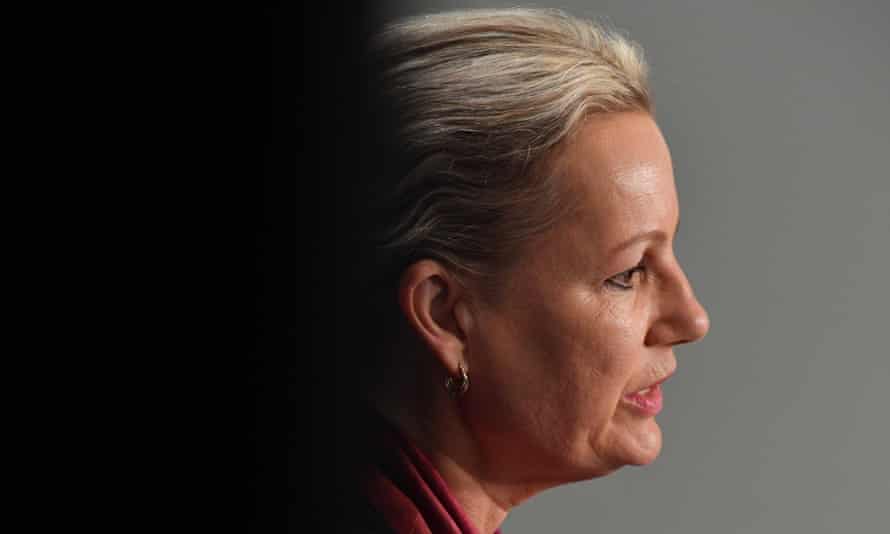Extract from The Guardian
Announcement
could inflame tensions between Liberals and Nationals, who have
criticised banks for asking businesses for carbon transition plans
Last modified on Mon 25 Jan 2021 03.32 AEDT
Australia will sign up to two international agreements that aim to integrate climate risk into investment decision-making including through pricing risk, Sussan Ley will announce.
The environment minister will tell the 2021 Climate Adaptation Summit on Monday that Australia will join the Coalition for Climate Resilient Investment and the Call for Action: Raising Ambition for Climate Adaptation and Resilience.
The move could inflame tensions in Australia’s ruling Liberal-National Coalition, due to the National party’s frequent criticism of banks refusing to lend to coalminers and requiring carbon transition plans as a condition of lending.
In an advance copy of her speech, seen by Guardian Australia, Ley commits Australia to join the Coalition for Climate Resilient Investment, an initiative of the forthcoming Cop26 UN climate conference in Glasgow.
The coalition is designed to foster more efficient integration of physical climate risks in investment decision-making.
In a statement, Ley said the coalition was about “putting the tools and know-how into the hands of the investment community and ensuring the infrastructure we build is fit for future climate conditions”.
Ley will also announce Australia is also joining the Call for Action: Raising Ambition for Climate Adaptation and Resilience spearheaded by the UK and signed by 118 countries.
That agreement states that signatories will build “resilient futures by putting climate risk at the centre of decision-making” including through “long-term low greenhouse gas emission development strategies, or other relevant long-term strategies”.
It also commits members to “increasing the resilience of our economies and financial systems by taking steps to integrate climate risk into investment decision-making and business planning, including through disclosing and pricing risk”.
In December tensions in the Coalition were on display when Liberal MP Katie Allen deprived National MP George Christensen of the vote he needed to set up an inquiry into the climate policy of banks and insurers.
The resources minister, Keith Pitt, told Guardian Australia the joint standing committee on trade and investment growth must “do its job” and insisted the inquiry would go ahead.
At the virtual summit, hosted by the Netherlands, Ley will also promise that in July Australia will set up a National Resilience Relief and Recovery Agency, as recommended by the bushfire royal commission, and Climate and Resilience Services Australia.
In a statement, she committed $12.9m to the latter agency which she said would “connect and leverage the commonwealth’s extensive climate and natural disaster risk information to further prepare for and build resilience to natural disasters”.
Ley’s speech is part of a broader repositioning by the Morrison government as Australia is increasingly isolated on preventing global heating.
In recent months the UK has criticised Australia’s lack of a net zero by 2050 target and the new US president Joe Biden has said Australia must help to confront climate change.
Scott Morrison has signalled Australia may not use Kyoto carryover credits and changed his language by saying Australia wants to “reach net zero emissions as quickly as possible” – but is yet to substantially raise Australia’s emissions reduction ambition beyond a 26% to 28% reduction by 2030.
Morrison has suggested he will not take more stringent medium-term targets to the Glasgow climate conference in November, arguing Australia can achieve reductions through technological improvement regardless of targets.
No comments:
Post a Comment